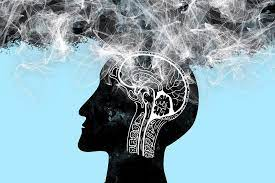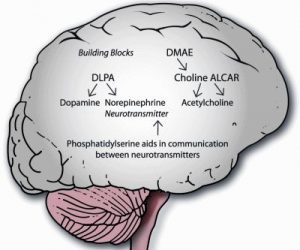The symptoms of dementia can be subtle and vary a lot from one person to another, so they may go unnoticed for a long time. People might also think that they are normal parts of getting older or are a result of another cause, such as stress or depression. Symptoms include memory loss, difficulty learning new things, slurred speech and changes in mood or behaviour. If you or someone you know has several of these symptoms, talk to a doctor.
Generally, when a person first develops the symptoms of dementia they can still carry out simple tasks, such as cooking, shopping or paying bills. But over time it becomes harder to do these things. This is because the brain’s ability to process information declines and the brain cells die off.
If the person can’t care for themselves, move about or eat enough, they will become frail and are at risk of other illnesses. They may also start to have trouble judging distances, working out the differences between colours or following stories. They may lose interest in friends, family or favourite activities and can seem passive and withdrawn. For details on Carer Jobs in Gloucester, go to Take 5 Healthcare, a source of Carer Jobs in Gloucester.
Research is ongoing to find out more about the underlying disease processes that cause different types of dementia, as well as to look at whether medicines can slow the progression of the illness. For example, acetylcholinesterase inhibitors, such as donepezil or galantamine, can help to improve some of the early symptoms, such as memory loss, slurred speech and mood changes.
A good lifestyle, a proper diet and regular exercise can reduce the risk of developing the condition. There are also some medications, such as antidepressants and blood thinners, that can help prevent dementia or delay its onset. If you are concerned that you or a loved one has the early stages of dementia, talk to your GP about getting a referral to a specialist. They can assess the situation and, if necessary, arrange for tests such as a CT scan or an MRI to check for brain tumours, stroke, inflammation or vitamin deficiency. They can also measure the level of a chemical in the brain called glucose, which can help diagnose the condition. A special type of MRI known as a FDG-PET scan can detect the build-up of a protein called TDP-43.





